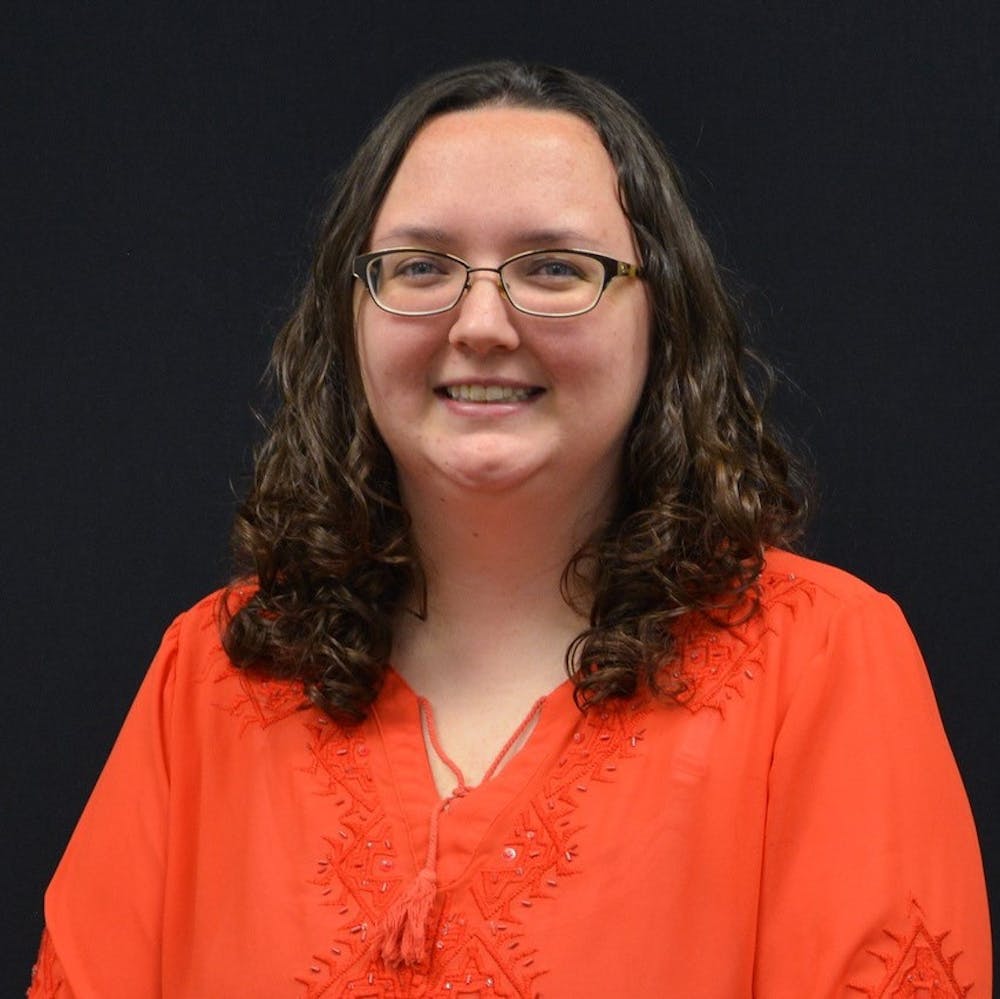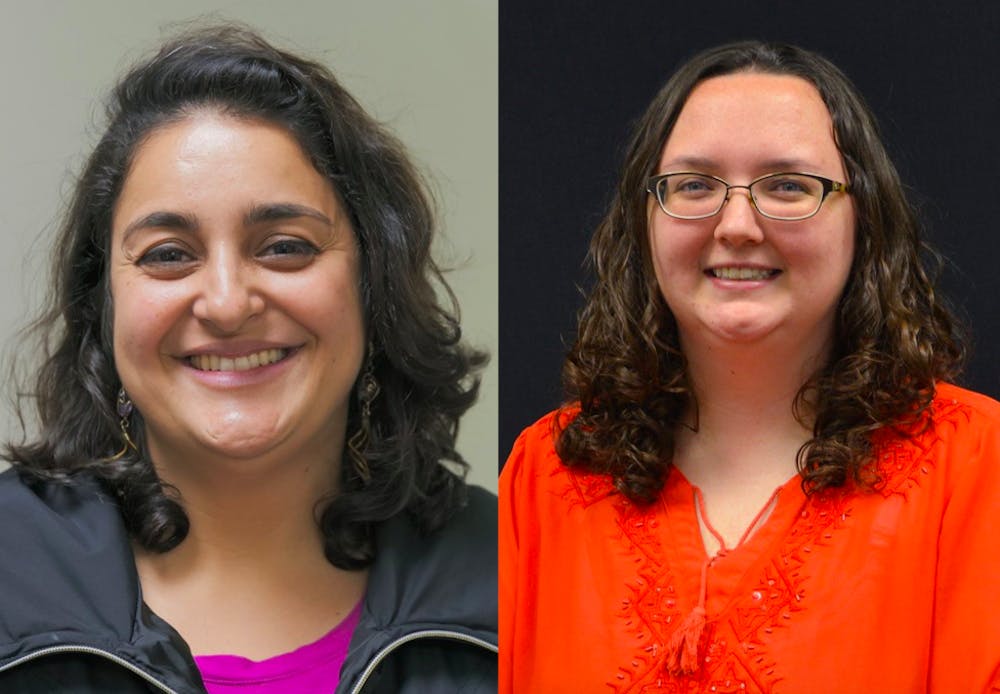We want you to pass our chemistry “weed-out” class…
… In fact, we don’t like to call it a weed-out class at all. Historically, large enrollment foundational STEM courses serve as a pre-requisite to other courses.
Students have the impression that these pre-requisite courses are designed to be hard to “weed out” students matriculating to upper division courses. We can only speak for ourselves, but no one has ever given us a quota of the number of students that can pass or earn a particular grade. In fact, our department gives a standardized, national exam written by the American Chemical Society to all sections of general chemistry to ensure classes are taught to the highest standards and students are prepared for their next chemistry course.
We have high expectations for our students but also high levels of support like open office hours, learning assistants in class, help/review sessions outside of class, collaborative learning space and a move towards active learning techniques.
Research has shown that active learning in a class can increase students’ performance in STEM courses. Active learning can take many forms like pausing a lecture to ask questions, using student response system like iClicker to poll students or completely flipping a course so that students watch lectures outside of class and work problems in class. Another study found that "active learning benefits all students but offers disproportionate benefits for individuals from underrepresented groups."
Beginning in 2003, Auburn created the Biggio Center for the Enhancement of Teaching and Learning to engage, support and empower Auburn’s academic community in scholarly teaching and transformative learning process, including supporting active learning. So, the most important question is this: How can Auburn continue to change the institutional culture so that all students are given the best opportunities?
-
Promote, hire, and support teaching faculty.
Currently, Auburn hires two types of faculty: tenure track (TTF) and non-tenure (NTTF). NTTF includes lecturers whose job is to focus solely on teaching. Opportunities for lecturers to have more secure positions and titles such as teaching assistant and associate/full professor would attract and retain top innovative faculty members at Auburn. -
More investment in the Biggio Center.
The Biggio Center is an amazing resource for the entire campus. They regularly run workshops, training sessions and faculty support groups that bring together faculty from a wide variety of departments and colleges. Recognizing and supporting their work is critical for positive change in teaching at Auburn. -
Incentivize active learning with all faculty.
Changing how you teach is hard. Putting in the effort to include more active learning in a lecture should be rewarded in annual evaluations and tenure considerations.
Many of our TTF and NTTF colleagues are already using active learning and have worked tirelessly to revamp their classes. They attend workshops, Biggio’s week long Course (Re)Design program and collaboratively work together. Auburn students are some of the best and brightest in the nation and rise to meet the challenge of their courses. Uniting, together, around a shared goal of improving the instruction at Auburn is possible. We hope the conversations started in these pages will lead to the acceleration of change at Auburn.
Do you like this story? The Plainsman doesn't accept money from tuition or student fees, and we don't charge a subscription fee. But you can donate to support The Plainsman.

Rachel Prado is a lecturer in the department of chemistry and biochemistry in Auburn's College of Sciences and Mathematics.

Vanessa Falcao is a lecturer in the department of chemistry and biochemistry in Auburn's College of Sciences and Mathematics.





